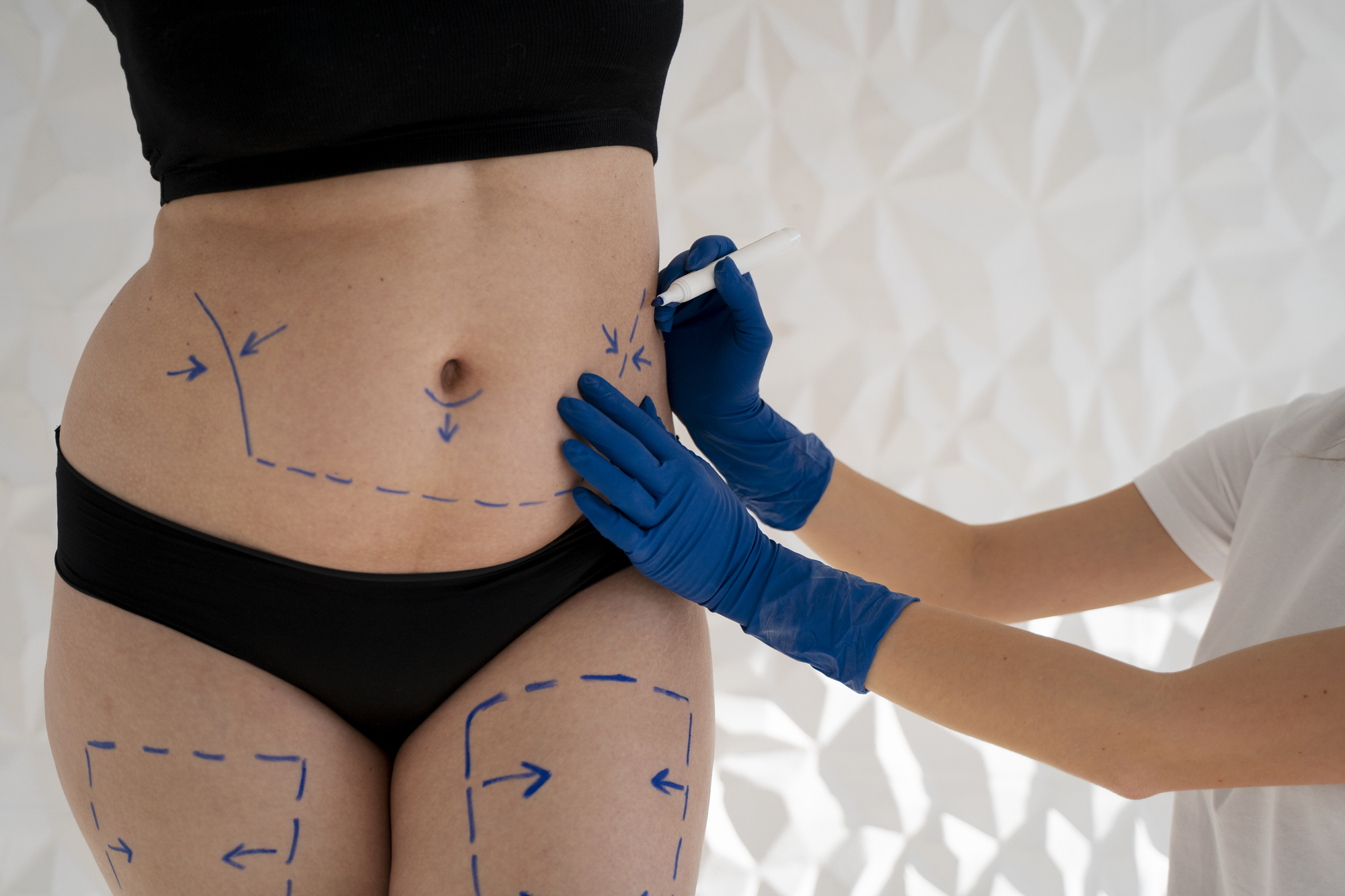

According to a Michigan Medicine study, bariatric surgery may help more than 100 million obese Americans overcome diabetes-related issues, including the regeneration of damaged nerves.
Over 120 individuals who underwent bariatric surgery for obesity were monitored by a study team under the direction of the University of Michigan Health Department of Neurology for more than two years after the treatment. According to findings reported in Diabetologia, all metabolic risk factors for developing diabetes, such as excessive glucose and lipid levels, improved apart from blood pressure and total cholesterol.
Researchers discovered that patients with peripheral neuropathy, a disorder characterized by damage to the nerves that go from the spinal cord all the way to the hands and feet, exhibited improvements two years after having bariatric surgery. “Our findings suggest that bariatric surgery likely enables the regeneration of the peripheral nerves and, therefore, may be an effective treatment for millions of individuals with obesity who are at risk of developing diabetes and peripheral neuropathy,” said senior author Brian C. Callaghan, M.D., M.S., a neurologist at the University of Michigan Health and the Eva L. Feldman, M.D., Ph.D., Professor of Neurology at U-M Medical School.
Diabetes, which affects more than 30 million Americans, is the primary risk factor for peripheral neuropathy, with obesity coming in second.
By performing skin biopsies that reveal the number of nerve fibers in the thigh and leg, researchers evaluated two key indicators of peripheral neuropathy in obese people. The thigh’s nerve fiber density increased two years following bariatric surgery, whereas the leg’s nerve fiber density remained unchanged.
In comparison to earlier studies of medicinal weight reduction, bariatric surgery resulted in superior metabolic improvements and even bigger improvements in peripheral neuropathy when doctors help patients reach their weight loss goals.
“Given the natural history of peripheral neuropathy decline in patients with obesity, even stability in nerve fiber density may be considered a successful result,” said first author Evan Reynolds, Ph.D., lead statistician for the NeuroNetwork for Emerging Therapies at Michigan Medicine. “Therefore, our findings of stability of nerve fiber density in the leg and improvement in nerve fiber density at the thigh indicate that bariatric surgery may be a successful therapy to improve or reverse peripheral neuropathy for patients with long-term metabolic impairment.”
Presently, pain management strategies for peripheral neuropathy include topical analgesics, oral painkillers like gabapentin and sodium channel blockers, and non-medical approaches including exercise and cognitive behavioral therapy.
more recommended stories
 Dietary Melatonin Linked to Depression Risk: New Study
Dietary Melatonin Linked to Depression Risk: New StudyKey Summary Cross-sectional analysis of 8,320.
 Chronic Pain Linked to CGIC Brain Circuit, Study Finds
Chronic Pain Linked to CGIC Brain Circuit, Study FindsKey Takeaways University of Colorado Boulder.
 New Insights Into Immune-Driven Heart Failure Progression
New Insights Into Immune-Driven Heart Failure ProgressionKey Highlights (Quick Summary) Progressive Heart.
 Microplastic Exposure and Parkinson’s Disease Risk
Microplastic Exposure and Parkinson’s Disease RiskKey Takeaways Microplastics and nanoplastics (MPs/NPs).
 Sickle Cell Gene Therapy Access Expands Globally
Sickle Cell Gene Therapy Access Expands GloballyKey Summary Caring Cross and Boston.
 Reducing Alcohol Consumption Could Lower Cancer Deaths
Reducing Alcohol Consumption Could Lower Cancer DeathsKey Takeaways (At a Glance) Long-term.
 NeuroBridge AI Tool for Autism Communication Training
NeuroBridge AI Tool for Autism Communication TrainingKey Takeaways Tufts researchers developed NeuroBridge,.
 Population Genomic Screening for Early Disease Risk
Population Genomic Screening for Early Disease RiskKey Takeaways at a Glance Population.
 Type 2 Diabetes Risk Identified by Blood Metabolites
Type 2 Diabetes Risk Identified by Blood MetabolitesKey Takeaways (Quick Summary) Researchers identified.
 Microglia Neuroinflammation in Binge Drinking
Microglia Neuroinflammation in Binge DrinkingKey Takeaways (Quick Summary for HCPs).

Leave a Comment